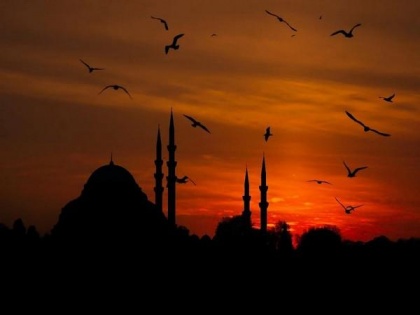Shab-e-Barat 2024 Date: When Is 15th Night of Sha'ban in India? Know Significance and Key Facts
By Lal Mohmmad Shaikh | Published: February 20, 2024 11:00 AM2024-02-20T11:00:12+5:302024-02-20T11:01:24+5:30
Shab-e-Barat 2024 Date: Marking a significant night in the Islamic calendar, Shab-e-Barat arrives in India before the holy month ...

Shab-e-Barat 2024 Date: When Is 15th Night of Sha'ban in India? Know Significance and Key Facts
Shab-e-Barat 2024 Date: Marking a significant night in the Islamic calendar, Shab-e-Barat arrives in India before the holy month of Ramadan. This night, observed by Muslims, holds particular importance for Sunni Muslims, especially those following the Barelvi and Deobandi schools of thought.
Understanding the Meaning:
- Shab translates to "night" in Urdu, while Barat is an Arabic term roughly meaning "innocence" or "salvation."
- It is believed that on this night, falling 15 days before Ramadan, God determines the fortunes of individuals for the coming year and grants forgiveness.
When is Shab-e-Barat in 2024?
- Shab-e-Barat occurs on the 15th day of the Islamic month of Shaban.
- In India, the celebrations begin after sunset on Sunday, February 25, 2024, and continue until the next sunset, marking the evening of Monday, February 26, 2024.
Significance and Traditions:
- Muslims believe Shab-e-Barat marks the night when God seals people's fates related to life and death until the following year.
- Prayers and worship throughout the night are central to seeking forgiveness for sins.
- Known as the "Night of Forgiveness," Muslims pray for personal blessings and offer prayers for deceased relatives, visiting graveyards to pay respects.
- Some Muslims choose to observe a fast the following day.
Key Facts about Shab-e-Barat:
- Special prayers and night-long worship are observed.
- It's known as the "Eid of those who have died," with visits to graveyards for prayers and remembrance.
- Many choose to fast on the day following the night of prayers.